Aedes mosquito-borne dengue and chikungunya viruses are spreading across the country, infecting more people each day. Many chikungunya patients are suffering from severe joint pain, with some even struggling to walk. However, due to limitations in the healthcare system, the disease is not being identified quickly. As a result, patients face delays in receiving treatment, increasing both suffering and medical costs. In rural areas, misdiagnosis is common, as many doctors fail to detect chikungunya and prescribe the wrong treatment. This has fueled widespread public fear over dengue and chikungunya.
Weak Mosquito Control Efforts
Once again, the irresponsibility and failure of city corporations in mosquito control have come under question. Officials, however, claim they are actively carrying out their duties, including regular mosquito control activities and awareness campaigns across all city corporations and municipalities.
Aedes mosquitoes were first identified in Bangladesh in 2000, and since then, their spread has gradually increased. In the absence of effective government action, the virus has spread nationwide, infecting thousands every year and claiming hundreds of lives. Yet, authorities continue to lack effective control measures.
Gaps in Data and Healthcare
Experts note that except for some dengue data at the divisional and district level, the Directorate General of Health Services (DGHS) has no systematic data on chikungunya cases. Its Communicable Disease Control (CDC) unit does not maintain separate chikungunya records either. As a result, there is no accurate nationwide picture of how many are infected daily with dengue or chikungunya.
Due to the lack of scientific larvicide and mosquito eradication drives, dengue and chikungunya continue to spread in households. Analysts believe without accurate data on infections, effective control is impossible.
Hospitals Overwhelmed
At DNCC’s dedicated COVID-19 hospital in Mohakhali, 600–700 patients with dengue-like symptoms arrive daily. On Saturday, 72 patients were admitted; by Sunday noon, 60 more had been admitted. Among them, 40% were male, 40% female, and 20% children. Patients are also coming from outside Dhaka.
The 1,000-bed facility currently operates 350 beds, about half of which are dedicated to dengue and chikungunya patients. On Sunday, 110 dengue patients were admitted, with 6% requiring ICU care. Most are recovering, but many arrive in critical condition.
Diagnosis Challenges
Dr. Halimur Rashid, Line Director of CDC, explained that dengue and chikungunya are both transmitted by Aedes mosquitoes. Chikungunya mainly causes joint pain, while dengue comes with severe headache, pain behind the eyes, muscle and bone pain, nausea, vomiting, and loss of appetite.
• Dengue: The NS1 antigen test can detect infection within 3–4 days of fever onset (costs only Tk 50 in government hospitals).
• Chikungunya: Requires PCR testing within the first 5 days of fever, though results may take 2–3 weeks, by which time fever often subsides.
DNCC hospital’s acting director, Col. Dr. Tanvir Ahmed, said 30% of patients admitted with dengue-like symptoms were actually chikungunya cases. While chikungunya is not as fatal as dengue, it causes significant physical disability. Some patients may suffer from arthritis for 1–2 years.
Case Study
Sirajul Islam, 35, from Bera municipality in Pabna, developed fever in mid-July. Within days, he experienced severe leg pain and could barely walk. Initially misdiagnosed as a neurological case at a local diagnostic center, his family was told he might never walk again. Later, at a Dhaka hospital, tests revealed chikungunya. With proper treatment, he recovered within a week.
Expert Opinions
• Entomologist Dr. G.M. Saifur Rahman:
• Aedes albopictus mainly spreads chikungunya, breeding in bushes and shrubs. Surprisingly, tests in Dhaka this year showed many patients with chikungunya symptoms.
• Aedes aegypti spreads dengue.
• Aedes mosquitoes can also spread Zika virus, which causes neurological complications. This year, chikungunya patients have shown neurological symptoms, raising concerns of possible undiagnosed Zika cases.
• Prof. Dr. Kabirul Bashar (Jahangirnagar University):
• Dengue and chikungunya are widespread not only in Dhaka but also in Chattogram, Barishal, Patuakhali, and Cox’s Bazar.
• Four Zika cases have been confirmed in Chattogram, though nationwide prevalence remains uncertain due to inadequate testing.
• The outbreak of Aedes-borne diseases is likely to continue until November, declining by December, but not disappearing entirely.
City Corporation Response
• DNCC Health Officer Dr. Md. Imdadul Haque Claimed intensified mosquito control efforts since the start of the season kept the situation under control.
• DSCC Health Officer Dr. Nishat Parveen Said, multi-pronged measures, including cleaning drives, are ongoing. However, intermittent rains over the past two weeks have accelerated mosquito breeding.


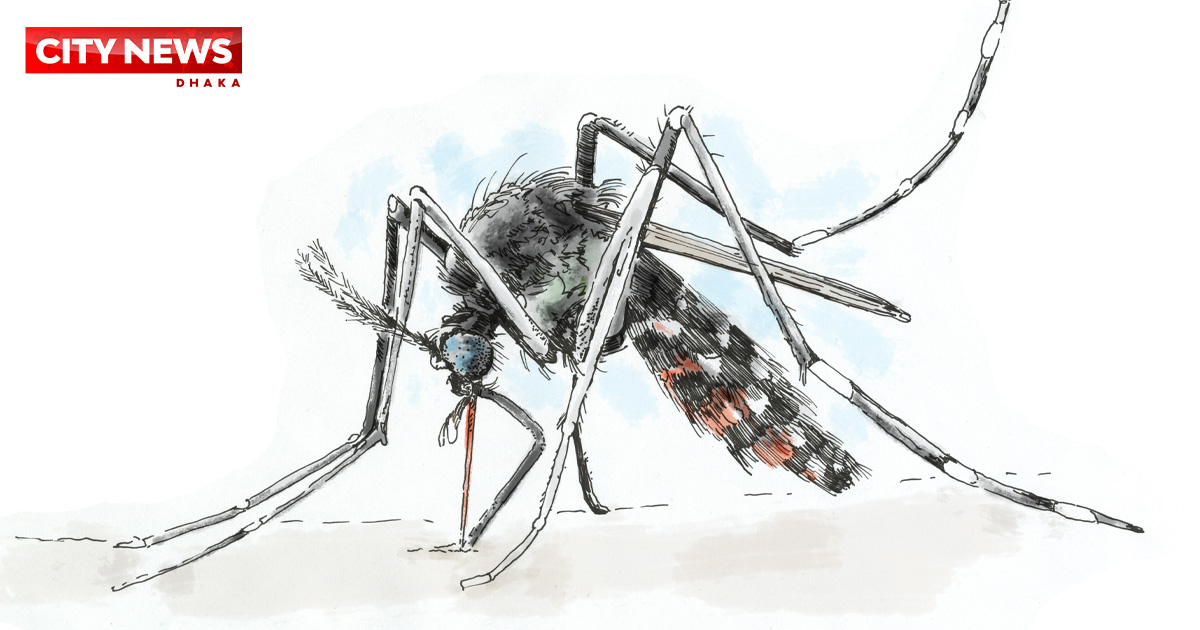
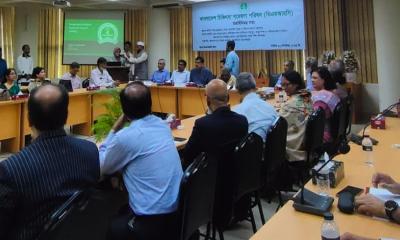

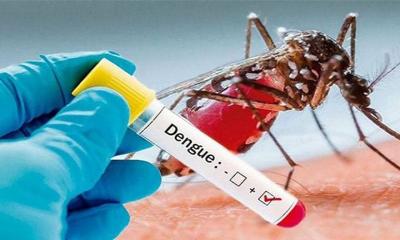
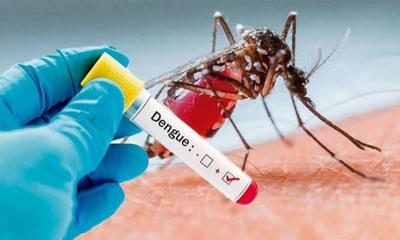

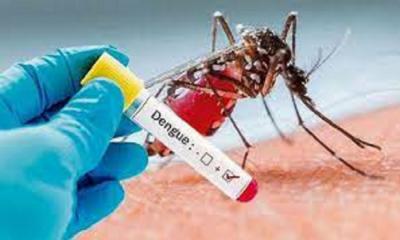

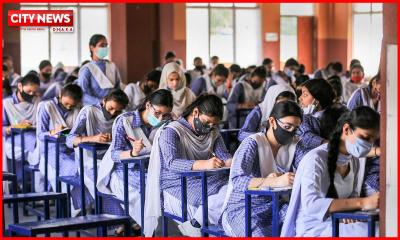











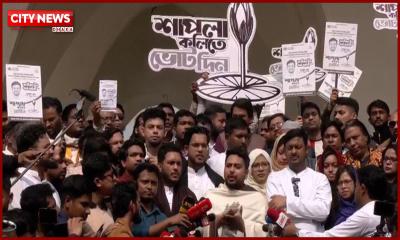

Comment :